FAQ
Frequently Asked Questions
Personal assistance includes practical support for daily living (ADLs), such as mobility, bathing, personal hygiene, dressing/grooming, and/or feeding. Performing ADLs is essential to maintaining health and quality of life.
Our certified nurses make the decision after assessment. Our charge nurse regularly reviews care logs and monitors the client’s health and well-being. If care needs change or increase, one of our registered nurses assesses the client and makes changes to the care plan as needed.
These services have many benefits, including:
- Maintaining personal hygiene and cleanliness
- Reducing the risk of falls or other incidents
- Ensuring safety, dignity, and comfort
- Reducing the risk of hospitalization/alternate housing Maintaining independence and aging at home
Our mature and experienced care specialists thrive on building relationships with clients and providing a high level of companionship. These relationships allow our caregivers to provide personal care in a compassionate, sensitive and gentle manner.
We generally do not accept clients who require transfers.
Memory care includes support designed specifically for people with memory loss. This
depends on individual needs, but typical services may include:
Meal preparation for clients who have trouble remembering dietary restrictions
Medication reminders
Reminders for the use of walkers and other assistive devices
Both dementia care and Alzheimer’s care typically include memory care.
Respite care refers to care that provides the primary caregiver (usually a family member) relief and respite from their caregiving responsibilities. Whether it’s a few hours or a full day, it’s important to take time for yourself.
GFC, Inc. excels at respite care – our mature and experienced caregivers excel at providing high levels of support along with high-quality care. Most clients consider our caregivers to be friends and look forward to visits from their caregivers.
A caregiver provides much of the same services, but relieves the primary caregiver of their caregiving responsibilities and provides peace of mind that their loved one is being well cared for.
We can provide support and nursing supervision for a client during a one-time procedure or treatment, including transportation to and from the medical center, as well as assisting the client through the recovery process to ensure safety, comfort and quality of life.
If a senior needs home care after hospitalization, we will connect them with one of our registered nurses to gather information, assess the condition and develop an individualized care plan. Sometimes discharge plans change and it may take time before a discharge date is set. Our team is happy to work with the client throughout this process to create a plan and ensure that they return home safely and comfortably to recover.
We can adjust care plans, activities and solutions to accommodate changes in condition.
Our caregivers are trained to help with a wide variety of conditions, and if we don’t have the right person for a particular condition, we will let you know.
Usually caregivers prepare simple meals – soup, salad, sandwiches. Frozen dinners are also popular. Our caregivers know how to cook and can handle most meal requests, but they are not professional chefs.
Ultimately, the client decides what the caregiver will cook.
We don’t have a strict definition. Our caregivers are happy to help keep the house clean and organized, but they are not maids.
A clean home is essential to a healthy lifestyle. Keeping a clean home also helps eliminate clutter and minimize the risk of falling.
Hopefully, this will not happen. If it does happen, we will document that the medication was not taken and report it accordingly.
No. Caregivers cannot administer or prescribe medications. Typically, clients will fill out a pill organizer and then caregivers will remind them to take their medication from the appropriate compartment.
Yes. This is considered running errands, not picking up or managing medications. Caregivers may assist in running errands.
It depends on the client. Usually they run errands together, but clients can ask the caregiver to pick things up for them as well.
All caregivers have their own car and can drop off clients as needed.
Yes. As part of the selection process, we check each candidate’s driving record. Candidates who do not have a satisfactory driving history are not offered a job.
Yes. Drivers are reimbursed for mileage.The reimbursement rate is set by the US IRS – we do not charge anything over the set rate.
Yes. Our experienced caregivers can serve as a trusted resource for families and often accompany clients to appointments to take notes or provide information to the doctor.
GFC,Inc. can provide home safety screening services to identify and reduce the risk of falls and other safety hazards. Home safety inspections are performed by a certified GFC,Inc.’ or a registered nurse.
Our mature and experienced caregivers are skilled at preventing elderly falls by identifying safety hazards in the home. They can also reduce the risk of falling by eliminating tripping hazards and assisting with tasks that pose a risk of falling, such as changing light bulbs.
